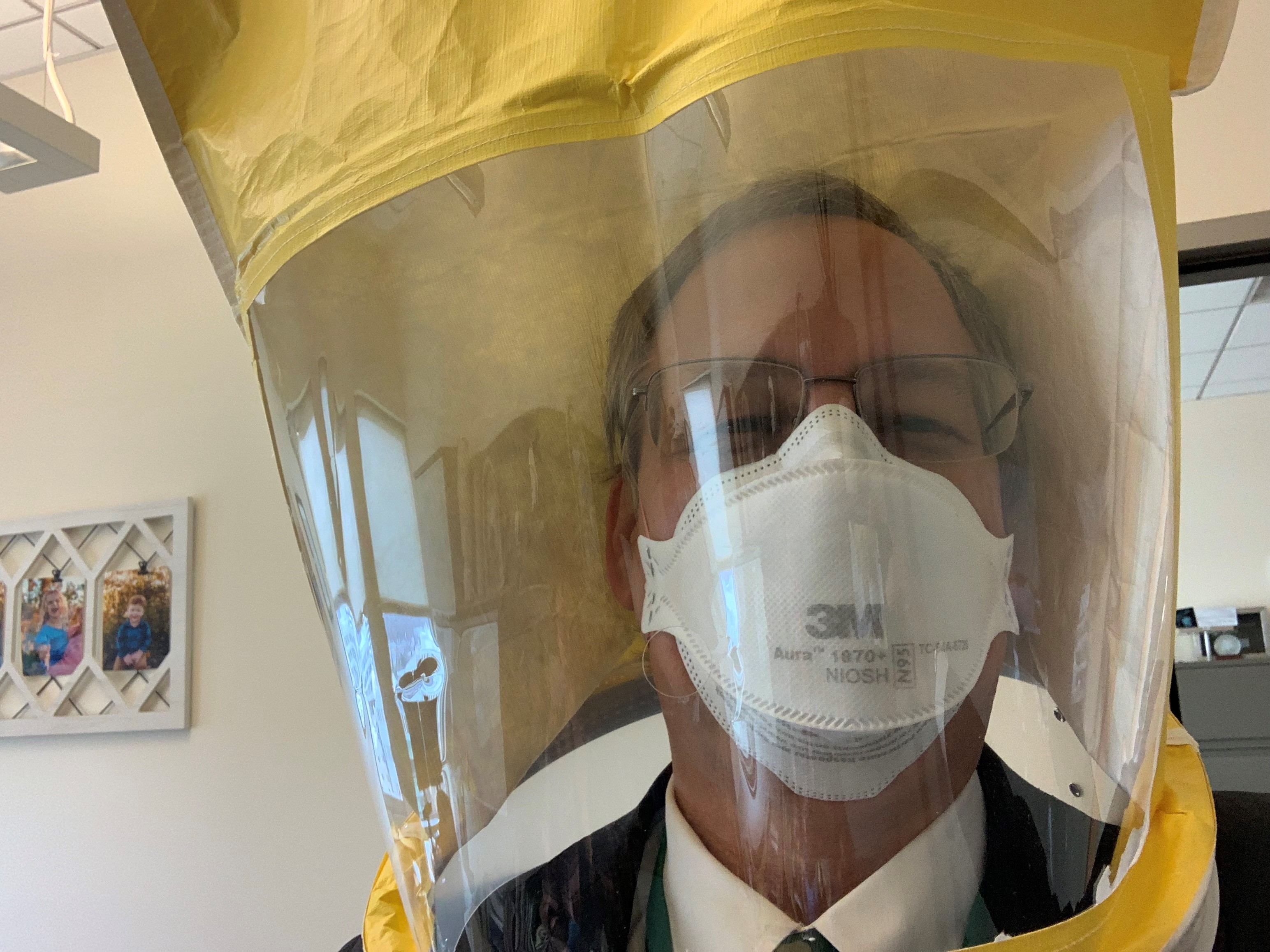Dean's Update
April 11, 2025 - Aron Sousa, MD
 Friends,
Friends,
Last week, I outlined a bit about this week’s LCME virtual site visit, and I am pleased to say the visit went very well. Our team was so prepared! And, as with any LCME site visit, there was a whole chunk of evening work for the team during the visit, as our folks answered questions and forwarded materials to the reviewers. In the next few months, we will receive a preliminary team report, which we will respond to before it is submitted by the review team to the LCME proper. We expect to be on the agenda for the LCME committee in October. Andrea Wendling, MD, and her team did an amazing job!
We continue to watch the national situations closely. If you ignore the cuts/rehires in HHS lead and asthma programs, the layoffs in the rest of HHS, the funding cut for Cornell and Northwestern, the visa terminations, and whatever impact the presence or absence of tariffs will have, it has been a relatively quiet week. There are many rumors about whether specific grants will be funded or terminated, but there is not that much actual new information in the last couple of weeks. We continue to have about 100 faculty in limbo: either their grants have yet to be scored by delayed or canceled study sections, or they await funding decisions by delayed or canceled council meetings. Some of these faculty will soon face a funding issue for their teams, and we are working on procedures to use some “dean’s discretionary” philanthropic funds for bridging in specific situations. And, of course, there is measles.
I was with the AAMC Council of Deans last weekend, and you can imagine that the whole meeting was about the federal situation. The attacks on science at the NIH and some targeted institutions are a threat to scientific medicine everywhere. Many medical schools do not have as much NIH funding as we do, so grants terminations are not a major concern of all schools. Medicaid cuts, on the other hand, are a common concern across just about all medical colleges, although the issue is particularly profound for public schools like ours. I continue to be deeply concerned about the impact of the proposed Medicaid cuts on patients, the existence of rural and critical access health care, and residency training.
This week, the College of Human Medicine lost a great innovator and faculty member from the early history of the college. Jack Jones, MD, passed away this week in the company of his daughter Mary and his wife, Margaret Jones, MD, also a faculty member of the college. (Margaret won the 1977 Outstanding Faculty Award.) Jack joined the college in 1969 following his cardiology training at the University of Washington and an early faculty position in the south, and jumped into the creation of focal problems, which was implemented as Track 2 in 1972.
Focal problems was a precursor to problem-based learning (PBL). We reviewed this history last year during one our 60th Anniversary Town Halls. The college was one of the first colleges to use a PBL-like curriculum following its initial creation at McMaster. Our Shared Discovery Curriculum and its symptom-based structures follows directly on that heritage. Jack went on to become a geriatrician, and he and Margaret remained on the faculty for more than 40 years. Jack was a remarkable innovator, physician, educator, and mentor – like many at the college I was fortunate to get the chance to work with him and learn from him for many years. He was a beloved physician, a deeply innovative teacher, and a dear and lovely person. We miss him.
Serving the people with you,
Aron
Aron Sousa, MD, FACP
Dean, Michigan State University College of Human Medicine

